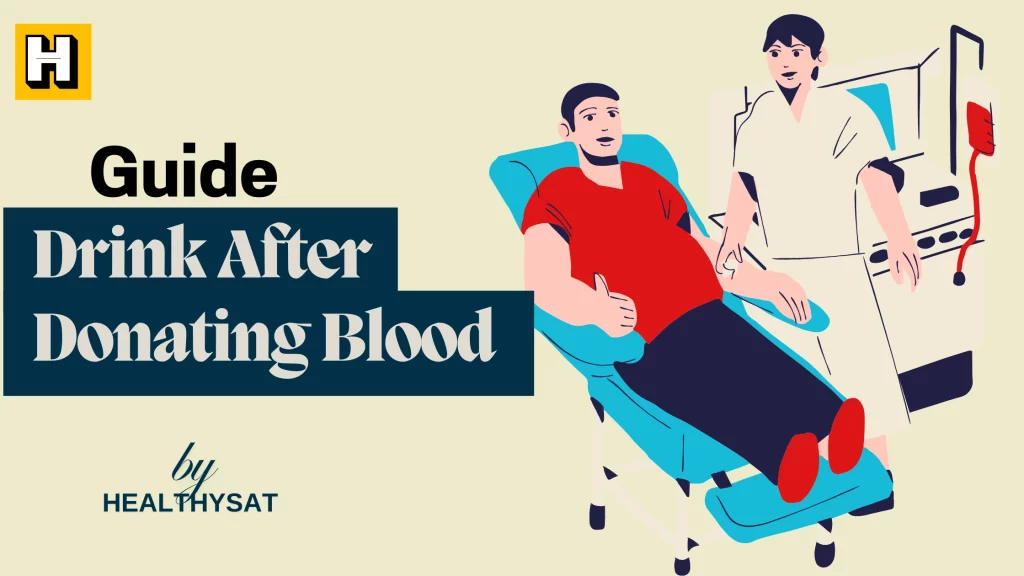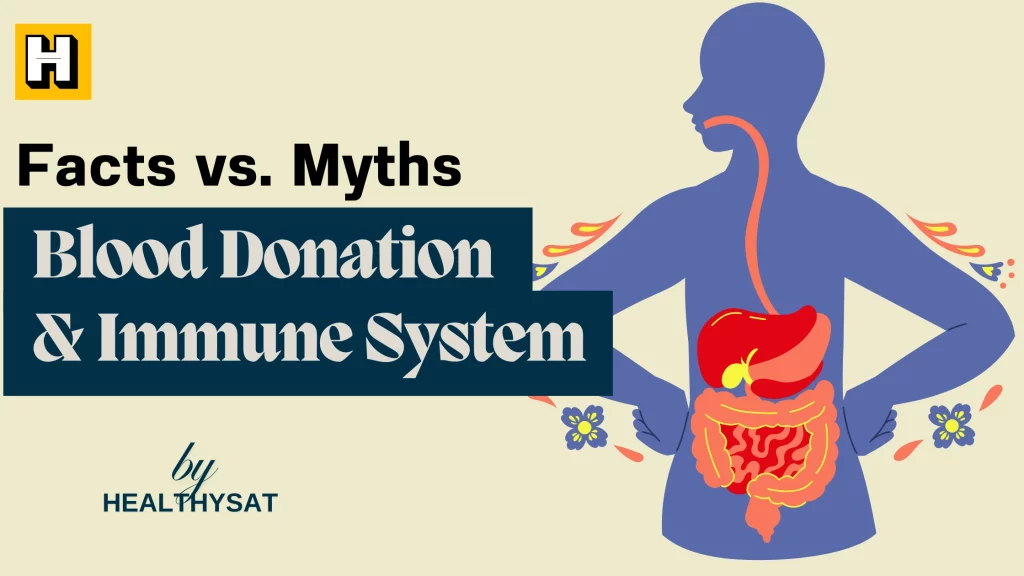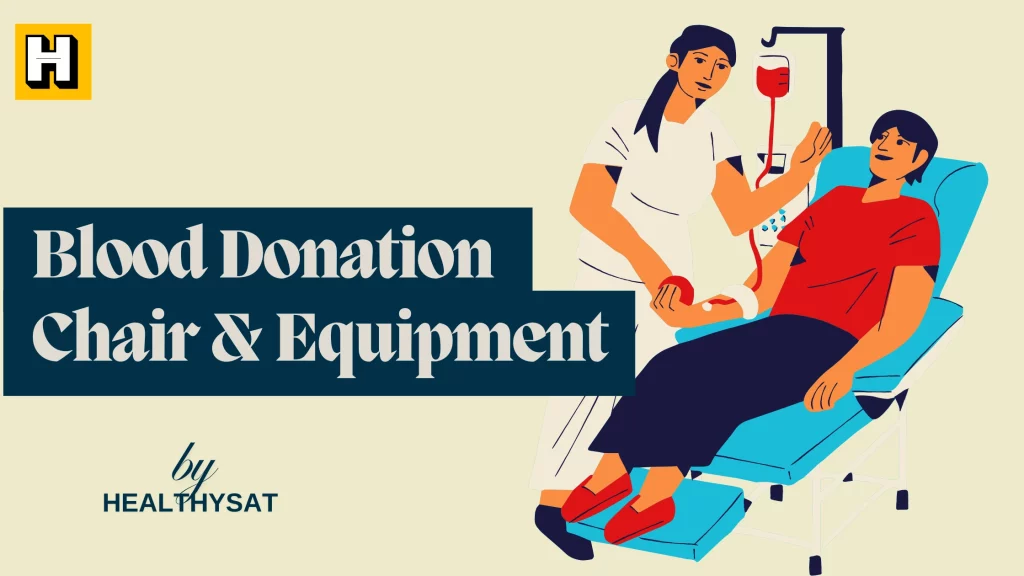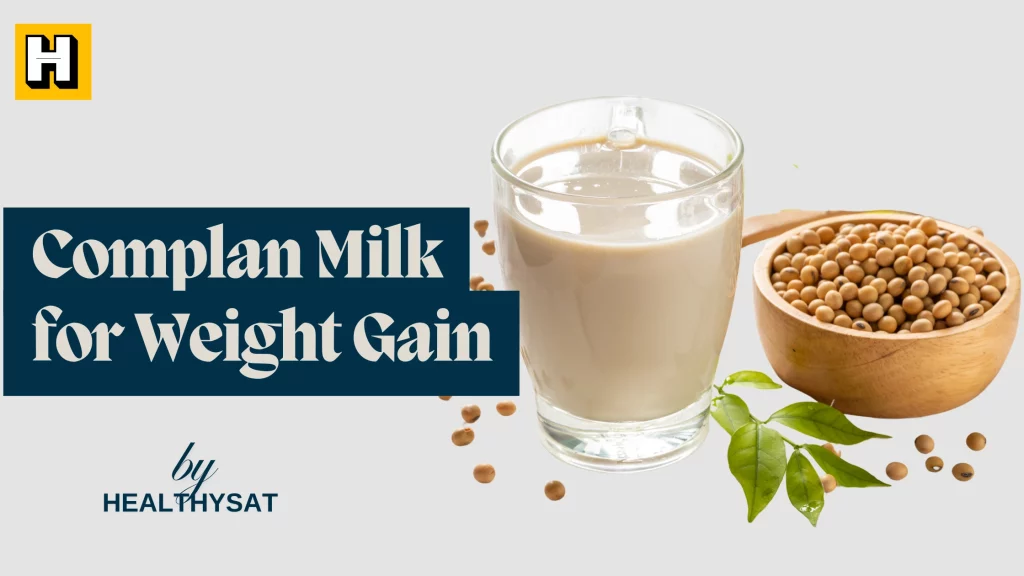In today’s world, pornography is easily accessible, and many people indulge in it regularly. However, some individuals develop a compulsive behavior pattern towards pornography that can cause addiction. Porn addiction is a severe problem that can negatively impact an individual’s physical, mental, and emotional health, as well as their relationships and professional life. If you are struggling with porn addiction, you may experience withdrawal symptoms when you try to quit or reduce your use. This article will discuss porn addiction withdrawal, the symptoms, and coping strategies to help you overcome this addiction.
What Is Porn Addiction?
Porn addiction is when an individual becomes dependent on pornographic content to achieve sexual satisfaction. This addiction can be so severe that it interferes with the individual’s daily life, relationships, and work. Porn addiction can manifest itself in various forms, such as compulsive masturbation or engaging in risky sexual behaviors.
Understanding Porn Addiction Withdrawal
Porn addiction withdrawal refers to the unpleasant physical and psychological symptoms an individual may experience when they stop using pornography. Withdrawal symptoms can vary in intensity and duration, depending on the severity of the addiction and how long an individual has been using pornography.
Porn addiction withdrawal symptoms can include the following:
1. Anxiety: Feelings of nervousness, worry, and fear may arise when an individual attempts to quit pornography.
2. Depression: A lack of interest in activities, persistent sadness, and hopelessness are typical withdrawal symptoms.
3. Irritability: During withdrawal, mood swings, irritability, and anger are common.
4. Cravings: Individuals may experience intense urges to use pornography during withdrawal.
5. Insomnia: Difficulty falling asleep, staying asleep, or waking up too early are common during withdrawal.
6. Lack of concentration: Difficulty focusing, forgetfulness, and poor memory can arise during withdrawal.
7. Fatigue: Lack of energy, weakness, and exhaustion can occur during withdrawal.
Others may include headaches, tremors and shakings, restlessness, sweating, and loss of appetite.
Coping Strategies for Porn Addiction Withdrawal
Withdrawal symptoms can make it challenging to quit or reduce porn use. However, individuals can employ several coping strategies to help manage withdrawal symptoms and overcome porn addiction.
1. Seek Professional Help: Porn addiction is a severe problem that requires professional help. A licensed therapist or counselor can help you develop coping strategies, identify triggers, and provide support during withdrawal.
2. Find a Support Group: Joining a support group can help you connect with others who are going through similar experiences, share coping strategies, and provide support.
3. Practice Self-Care: Engaging in activities that promote self-care can help reduce stress and promote relaxation during withdrawal. Examples of self-care activities include exercise, yoga, meditation, and reading.
- Porn Addiction Withdrawal: Understanding the Symptoms and Coping Strategies
- How to Look Attractive as a Girl And Boost Your Confidence
- Malaria and Typhoid Symptoms: Understanding the Differences and Similarities
- The Side Effects of Postinor 2 on Menstruation: What You Need to Know
4. Remove Triggers: Identify triggers that cause you to use pornography and remove them from your environment. Examples of triggers include certain websites, social media accounts, or specific times of the day.
5. Practice Mindfulness: Mindfulness is being present in the moment and focusing on the current experience. Practicing mindfulness can help reduce anxiety, stress, and cravings during withdrawal.
Conclusion
Porn addiction withdrawal is a challenging experience, but overcoming it with the right coping strategies and support is possible. Seeking professional help, finding a support group, practicing self-care, removing triggers, and practicing mindfulness are effective ways to manage withdrawal symptoms and overcome addiction. Remember, recovery is a journey, and being patient, kind, and compassionate with yourself throughout the process is essential.
In summary, porn addiction withdrawal can be a challenging and uncomfortable experience, but it’s possible to overcome it with the right coping strategies and support. Individuals can successfully manage withdrawal symptoms and overcome addiction by seeking professional help, finding a support group, practicing self-care, removing triggers, and practicing mindfulness. Remember, recovery is a journey, and being patient, kind, and compassionate with yourself throughout the process is essential.
FAQs
1. Can Porn Addiction Cause Physical Health Problems?
Yes, porn addiction can cause physical health problems such as erectile dysfunction, loss of libido, and fatigue.
2. Is Porn Addiction Treatable?
Yes, porn addiction is treatable with the help of professional therapy, support groups, and self-care practices.
3. How Long Does Porn Addiction Withdrawal Last?
The duration of withdrawal symptoms can vary depending on the individual’s addiction severity and length of use. Withdrawal symptoms can last anywhere from a few days to several weeks.
4. Can Medication Help with Porn Addiction Withdrawal?
Medication can help alleviate symptoms of anxiety and depression during withdrawal. However, it should only be used under the supervision of a licensed healthcare provider.
5. What Should I Do If I Relapse?
Relapse is expected during the recovery process. If you relapse, don’t give up. Seek support from a therapist, support group, or loved ones and try again.
6. Can Porn Addiction Withdrawal Cause Severe Symptoms?
In rare cases, porn addiction withdrawal can cause severe symptoms such as hallucinations, seizures, or suicidal thoughts. If you experience any severe symptoms, seek immediate medical attention.
7. Is It Possible to Overcome Porn Addiction on My Own?
While it’s possible to overcome porn addiction alone, seeking professional help is recommended. A licensed therapist or counselor can provide support, guidance, and resources to help you overcome addiction.
8. Can Porn Addiction Affect My Relationships?
Yes, porn addiction can negatively impact relationships by causing a lack of intimacy, communication, and trust.
9. Can Porn Addiction Affect My Professional Life?
Yes, porn addiction can negatively impact your professional life by causing a lack of focus, productivity, and motivation.
10. What Are Some Tips for Avoiding Triggers?
Avoiding triggers can be challenging, but some tips include blocking certain websites, unfollowing social media accounts that promote pornography, and finding alternative activities to engage in during high-risk times of the day.







